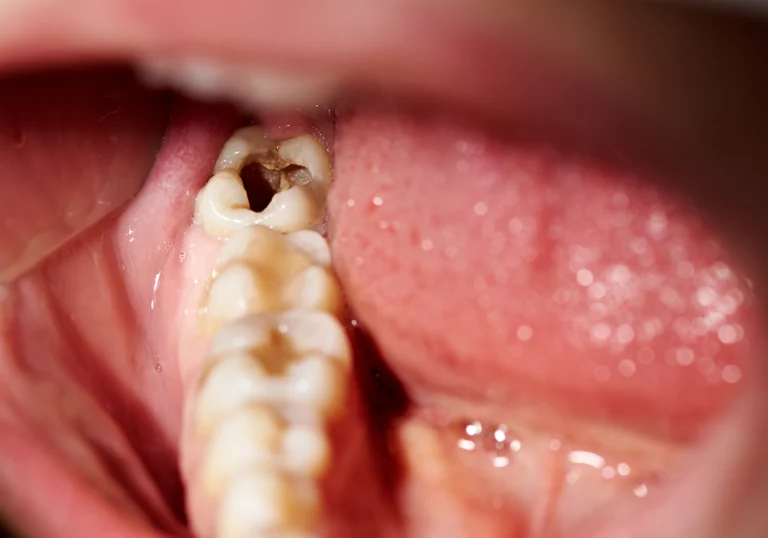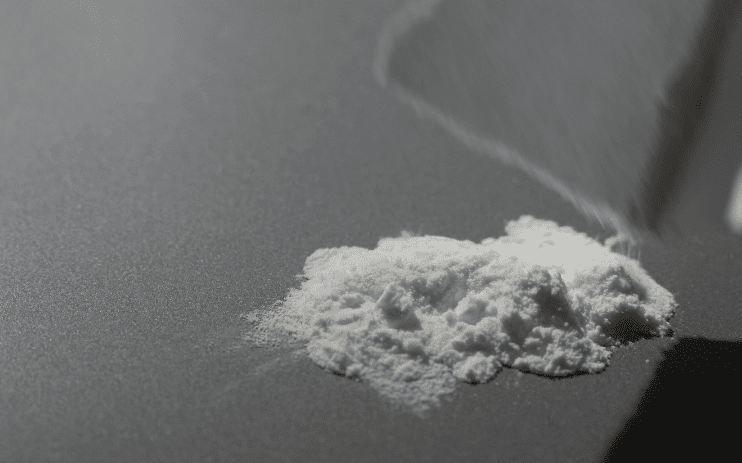What Does Meth Do To Someone Who Has ADHD?
Methamphetamine (meth) is a highly-addictive illegal stimulant that affects the central nervous system (CNS). It is a Schedule II controlled substance only available legally through one medication that requires a prescription and can’t be refilled. It’s sometimes prescribed for attention deficit hyperactivity disorder (ADHD) or to help someone lose weight. However, the prescribed doses are typically much lower than when meth is taken illegally.
Meth, also known as speed, crank, or crystal, has a great potential for abuse. The drug releases large quantities of dopamine in the brain, leading to euphoria, which makes it highly addictive and attractive to individuals with mental health disorders that affect neurotransmitters, like dopamine.
People who have ADHD are at a greater risk for meth abuse than those who don’t have the disorder. This article explains everything meth does to someone who has ADHD.

What is ADHD?
Attention deficit hyperactivity disorder is a neurodevelopmental disorder and includes a combination of chronic problems that can lead to problems at school, poor relationships, and difficulties in work. Here are some of the most common symptoms:
- Hyperactivity
- Lack of motivation
- Difficulty paying attention
- Problems focusing on a task
- Being easily distracted
- Losing things or being forgetful
- Constant fidgeting
- Little or no sense of danger
- Inability to deal with stress
- Impulsivity
- Restlessness
- Disorganization
- Mood swings
- Poor time management skills
- Risk-taking with little regard for safety
Connect With Us Now
Reach out to us now for immediate support, or let us know the best time to contact you through our confidential callback service. Your journey to healing is just a conversation away.
Is Meth Used To Treat ADHD?
The only FDA-approved medication in the US containing methamphetamine hydrochloride, Desoxyn, is rarely prescribed to treatment ADHD because other prescription stimulants are just as successful with lower risk of abuse. ADHD is usually treated with prescription stimulants like Adderall, Ritalin, and Concerta. If someone replaces their ADHD medication with meth or has never been prescribed stimulants before, they can easily develop an addiction. This happens as the brain adapts to meth’s effects and starts to believe it needs meth to function.
Why Do People With ADHD Abuse Meth?
According to research, ADHD and meth abuse are common comorbidities (co-occurring disorders). Studies suggest that risk-taking in ADHD can fuel methamphetamine use. Also, people with ADHD may be more likely to self-medicate using meth. This is especially true with the recent shortage of prescription medications to treat ADHD. Many people couldn’t get their prescriptions and so turned to meth instead. Meth is highly-addictive, so it can be hard for a person to stop using on their own once they start using. Treatment is important as meth use can lead to a variety of negative consequences.
Read more about meth use and meth addiction treatment options here!

Take Our Addiction Quiz for Recovery Insights
Short-Term Health Risks of Meth Use
Meth users can suffer devastating consequences to their health. The drug can damage areas of the brain that control emotions, learning, and memory. People with ADHD may already have impairments in these areas of the brain. This can make the effects of meth use even worse in someone who has ADHD. Health impacts of meth include:
- Malnutrition
- Agitation
- Difficulty breathing
- Trouble sleeping
- Headaches
- Muscle spasms
- Blurred vision
- Restlessness
- Sexual dysfunction
- Weight loss
- Pounding heart or irregular heartbeat
- Chest pain or discomfort
Long-Term Health Risks of Meth Use
Chronic meth use can result in many long-term risks to health. A person may experience these effects —even if they quit using meth.
- Permanent damage to the brain and heart
- Hallucinations or seeing or hearing things that are not there
- Violent behavior and paranoia
- Confusion and anxiety
- Intense itching that can result in sores (also known as meth mites)
- Lung, kidney, and liver damage
- Severe dental problems
- Strokes, heart attack, and death
Read more about the dangers of meth use here.

How Does Methamphetamine Affect Individuals With ADHD Differently?
People with ADHD who use meth have additional health risks beyond those outlined above. The combination of ADHD and meth use presents unique challenges. Here are some of the problems that can occur in people who abuse meth and have ADHD.
- Harder to manage emotions: Meth use affects neurotransmitters in the brain, making it harder for people with ADHD to manage their behaviors and emotions. Meth use may increase anger, irritability, and depression in people who have ADHD.
- Worsened ADHD symptoms: Methamphetamine use can increase hyperactivity, impulsivity, and other symptoms of ADHD. A person with ADHD who abuses meth may have more difficulties focusing on tasks and paying attention. They may feel more restless and have difficulty sitting still.
- Increased risk of accidents: Studies have shown that methamphetamine use increases the risk of accidents. A person is more likely to be injured when they are using meth. ADHD may increase the risk of accidents even more as it increases impulsivity.
- Negative interactions with ADHD medications: Methamphetamine may interact with medications that are used to treat ADHD. Many drugs used to treat ADHD are stimulants. These should not be taken together with meth. It can increase the risk of negative side effects.
Treatment for ADHD and Meth Addiction
The presence of a meth addiction can complicate ADHD treatment. When a substance abuse disorder co-exists with a mental health condition, it may make treatment more complex. Co-occurring disorders can be complex. People with co-occurring disorders need specialized treatment.
When a person has a mental health disorder like ADHD and a substance use disorder like meth addiction, it’s important to treat both conditions simultaneously. This type of treatment is called dual diagnosis treatment. Treatment may include medication, therapy, medication, support groups, and holistic healing modalities. Dual diagnosis treatment increases the chances of recovery from substance use and successful ADHD management.
Are you struggling with obsessive-compulsive disorder?
Are You Covered For Treatment?
Oasis Recovery Center partners with numerous private insurance providers. Our team is committed to assisting you in quickly and effortlessly verifying your insurance coverage for treatment.
Dual Diagnosis Treatment In Asheville, NC
If you or someone you know is struggling with meth use and ADHD, contact Oasis Recovery Center. We understand the challenges of dealing with mental health issues and know that using substances to cope with emotions is common. Our dual diagnosis treatment program is personalized to meet your needs, offering diverse methods for the best chance of success. Some of our top-rated treatment methods include adventure therapy, trauma-informed therapy, breathwork, and more. Call today, and our admissions agents can answer any questions you may have. You can also request a free and private callback if today isn’t convenient.










